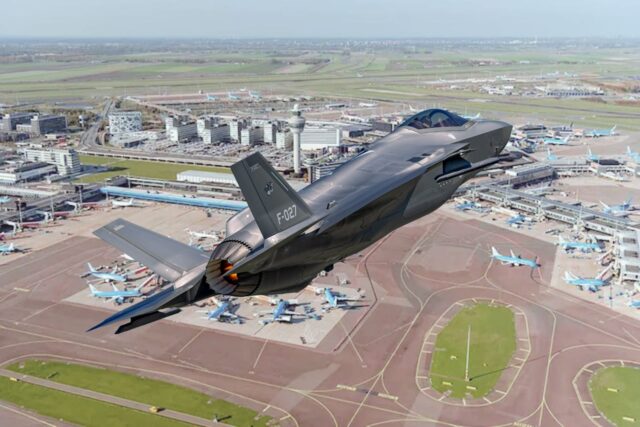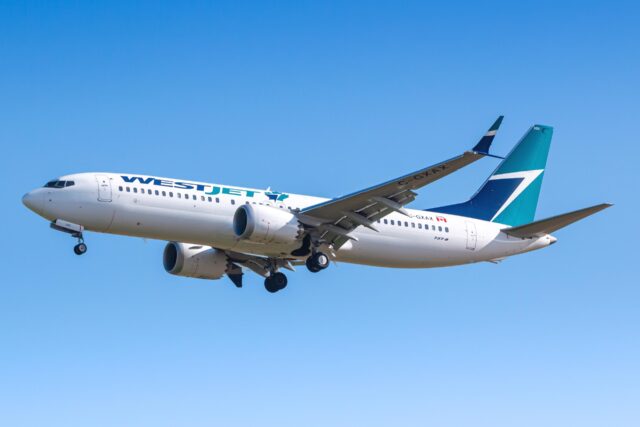Final Jeju Air victims identified as accident investigations continue
January 6, 2025

With accident investigations ongoing at Korea’s Muan International Airport, the site will remain closed for at least a further week while investigators attempt to piece together events preceding the loss of the 737-800, which skidded off the runway on 29 December (with its landing gear seemingly undeployed) before colliding with a structure and bursting into flames.
In a 6 January update, the South Korean Ministry of Land, Infrastructure and Transport explained that all 179 people aboard the aircraft who lost their lives have now been identified, 147 via fingerprints and 32 via DNA. The two survivors – cabin crew members, who were seated in the rear of the fuselage – remain in hospital.
Grieving family members have previously expressed anger and frustration at the time it has taken to identify and return the remains of their loved ones, with the final victims’ bodies transferred to funeral homes earlier today.
Meanwhile, the Aviation and Railway Accident Investigation Board is continuing its ongoing investigation of “two engines and other critical components that have been transferred into a hangar”. The Board is also putting “continuous efforts to collect and transport aircraft debris from outside the airport perimeter to within the secured area,” necessitating an extension of the airport’s closure until 05:00 on 14 January. The airport had previously been scheduled to reopen on 7 January.
With initial data extraction of the cockpit voice recorder (CVR) completed on 4 January, two representatives of the Investigation Board are now transporting the flight data recorder to Washington for further analysis – a task made more difficult by damage the device sustained in the accident. Former chair of the US National Transportation Safety Board (NTSB) Robert Sumwalt has previously indicated to CBS News that “the cockpit voice recorder, if they’re able to read that out, will be the key to unlocking this mystery”.
Representatives from the NTSB, alongside representatives from the FAA, GE Aerospace and Boeing, have been onsite to help co-ordinate investigation efforts.
What the government described as “targeted and focused safety inspections” are also being conducted on a total of 101 737-800s, “covering the adequacy of maintenance history of key systems, pre-and post-flight checks, [and] operational and maintenance record management”. These include 39 operated by Jeju air, 19 by Jin Air, 27 by T’Way Air, ten by Eastar Jet, four by Air Incheon and two by Korean Air. Inspection of air navigation safety facilities of 13 airports nationwide were also conducted between 2 and 8 January.
While the government continues to offer support to bereaved families, it is also establishing plans for a joint memorial service, including support from the local governments of Jeonnam province and Gwangju metropolitan city. Speaking on 1 January, Minister Park Sang-woo had previously expressed the government’s “sincere condolences to the families in the profound loss from the tragic Jeju Air crash,” noting that the government had been “making the hardest effort for thorough and transparent investigation disclosures on the cause of the tragedy”.
















